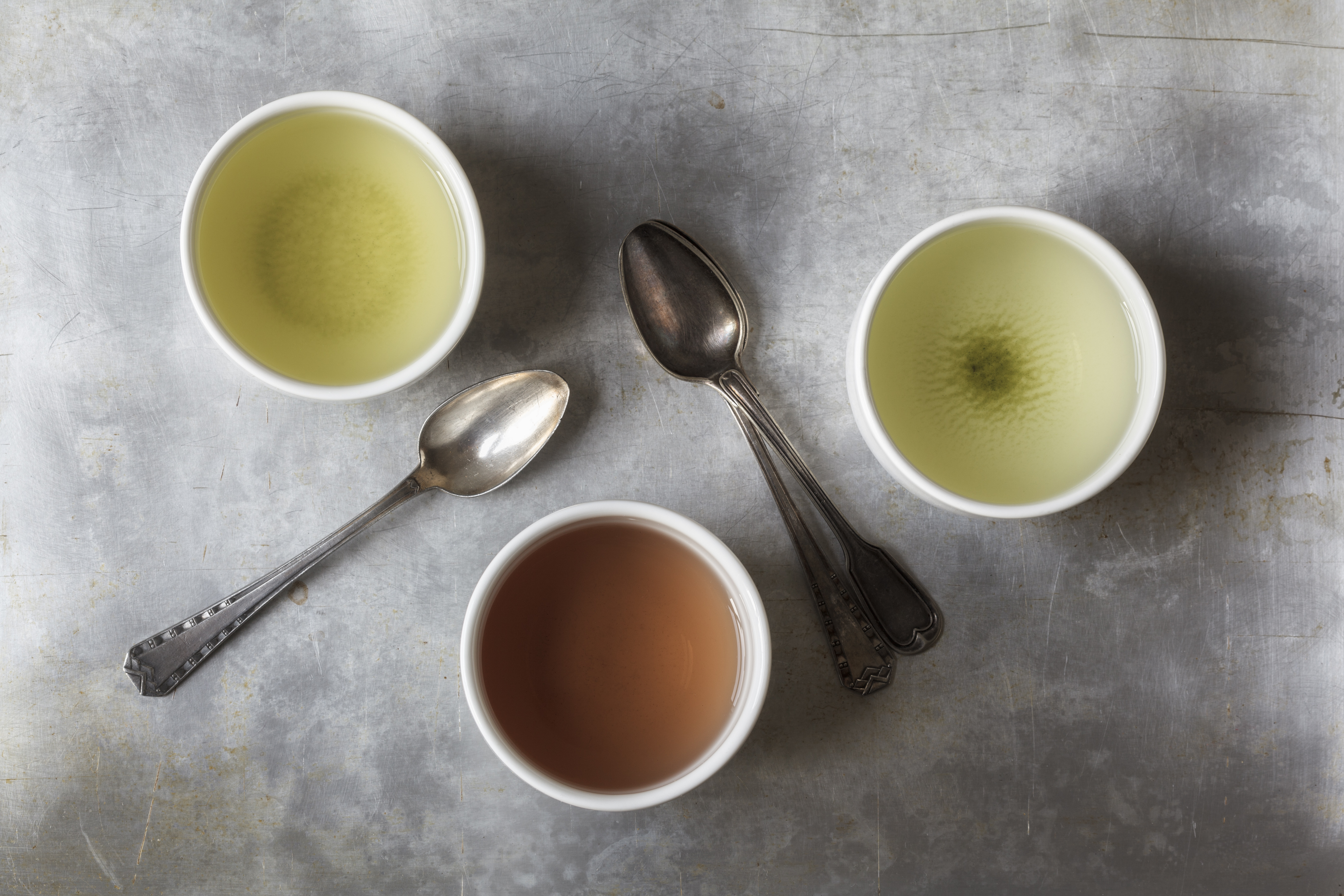Is a cup of coffee the first thing you reach for in the morning? Though many people rely on caffeinated products to help them wake up and get through the day, caffeine receives a great deal of negative attention. Let’s discover the facts behind caffeine!

What is caffeine and where is it found?
Caffeine is a chemical that stimulates your central nervous system, causing an increase in heart rate and blood pressure. This means that caffeine helps you feel more awake and energized. Caffeine is commonly found in coffee and tea, however you can also find caffeine in energy drinks, pop, chocolate, matcha, and even some medications.
As tasty as these foods and beverages are, there is a limit to how much you should be consuming on a daily basis. Health Canada recommends adults 19 and older limit their caffeine intake to no more than 400 mg per day, which is ~3 cups (750 mL coffee) or ~5 cups (1250 mL) tea. Health Canada advises pregnant and breastfeeding women to limit their caffeine intake to no more than 300 mg per day which is ~2 cups (500 mL) coffee or ~4 cups (1000 mL) tea. You should be cautious with how much caffeine a child is consuming because their daily limit is easily exceeded. There is no ‘safe’ amount of caffeine for kids under the age of 4, but it is recommended to stay below the 2.5mg/kg of body weight range. Limit caffeine to no more than 45 mg/day for children aged 4-6, 62 mg/day for children aged 7-9, 85 mg/day for children aged 10-12, and up to 2.5 mg/kg body weight for teens aged 13-19.
Some people may find they are more sensitive to caffeine than others. So what are some adverse effects of too much caffeine?
Headaches
Trouble sleeping/insomnia
Irritability
Anxiety
Unpleasant GI symptoms (e.g. diarrhea)
So, what should you do if you find yourself experiencing unpleasant side effects from consuming caffeine? The best thing is to slowly cut back. For example, if you’re choosing coffee to wake up in the morning, you can try substituting for tea to gradually lessen your consumption.

Are there benefits associated with caffeine consumption?
Caffeine has been said to increase alertness as well as performance in many different areas according to a study which looked into the effects of low doses of caffeine (7). They found that even in small amounts, caffeine had considerable effects on cognitive performance. The results from caffeine were found to be more significant in people who consumed caffeine on a more regular basis. Another study found that caffeine could enhance cognitive function as well as reaction times (2).
Many athletes consume caffeine to help increase their physical performance. For example, a study looked at the effects of caffeine on elite basketball players (1). They found that while those who had consumed caffeine did have a higher jump height, it was not substantial, and other areas of performance were not affected. While tracking these athletes throughout the day, it was found that insomnia increased in those who had been given caffeine. In conclusion, caffeine may or may not help with athletic performance - it is always best to trial caffeine during training periods to see if it works well for you before trying it for competitions. We suggest booking an appointment with Alex or Stephanie to learn more about how you can optimize your athletic performance!
Some people may experience withdrawal symptoms if they cut back or stop consuming caffeine too quickly, these symptoms may include:
Poor concentration
Headaches
Fatigue
Decreased alertness
Lower energy levels
Drinking caffeine again may make you feel better which leads many to think that caffeine is connected to enhancing your mood and ability to function. However, it has been found that caffeine only has these effects when given to someone who is in a “caffeine-deprived state” (3). These findings were backed up by a study which found that caffeine never actually enhanced performance or mood, rather the withdrawal effects were just reversed with caffeine (4). Essentially, people are simply returning to their normal state due to caffeine withdrawal symptoms being reversed (5).
Despite popular belief, enjoying drinks containing caffeine will not lead to dehydration (6). It has also been proven that if you are enjoying caffeine in moderation, you will not increase your risk of getting cancer, osteoporosis, or cardiovascular disease (6).
What’s the final verdict?
Just like most things, too much caffeine can lead to unwanted side effects. If enjoying in moderation without any unpleasant effects, there is no problem with having drinks or food containing caffeine.
So, go enjoy your coffee, tea, or even dark chocolate! If you haven’t already, be sure to try our recipe for Matcha Chocolate Truffles. These delicious treats will satisfy your chocolate cravings, while giving you more nutrients than regular green tea, and an extra boost of energy from their caffeine content!

Works Cited
The CYP1A2-163C>A polymorphism does not alter the effects of caffeine on basketball performance (Puente, C., Abian-Vicen, J., Del Coso, J., Lara, B., Salinero, J., April 18, 2018)
Effects of caffeine on performance and mood depend on the level of caffeine abstinence (Yeomans, M., Ripley, T., Davies, L., Rusted, J., Rogers, P., Sep. 11, 2002)
Dietary Caffeine, Performance and Mood: Enhancing and Restorative Effects after Controlling for Withdrawal Reversal (James, J., Gregg, M., Kane, M., Harte, F., June 3, 2005)
Faster but not smarter: effects of caffeine and caffeine withdrawal on alertness and performance (Rogers, P., Heatherley, S., Mullings, E., Smith, J., Oct. 30, 2012)
https://www.dietitians.ca/Your-Health/Nutrition-A-Z/Caffeine.aspx (Dietitians of Canada, Caffeine, 2016)
https://www.dietitians.ca/Downloads/Factsheets/What-is-caffeine.aspx (What is caffeine? Is it bad for my health?
Effects of low doses of caffeine on cognitive performance, mood and thirst in low and higher caffeine consumers (Smit, H.J., and Rogers, P.J.)

